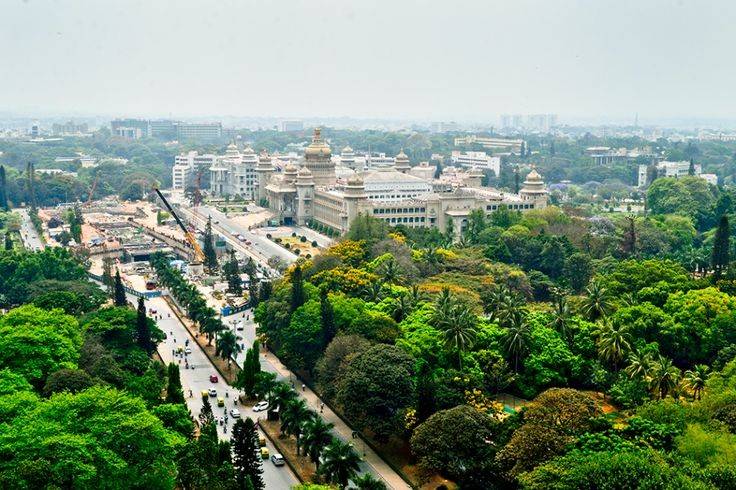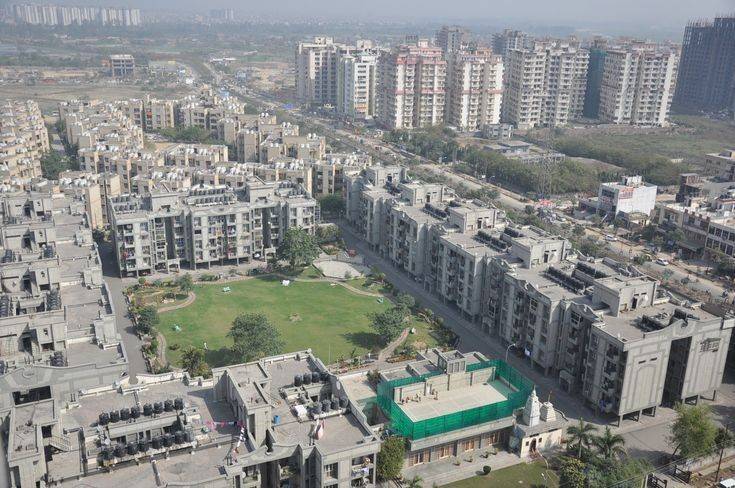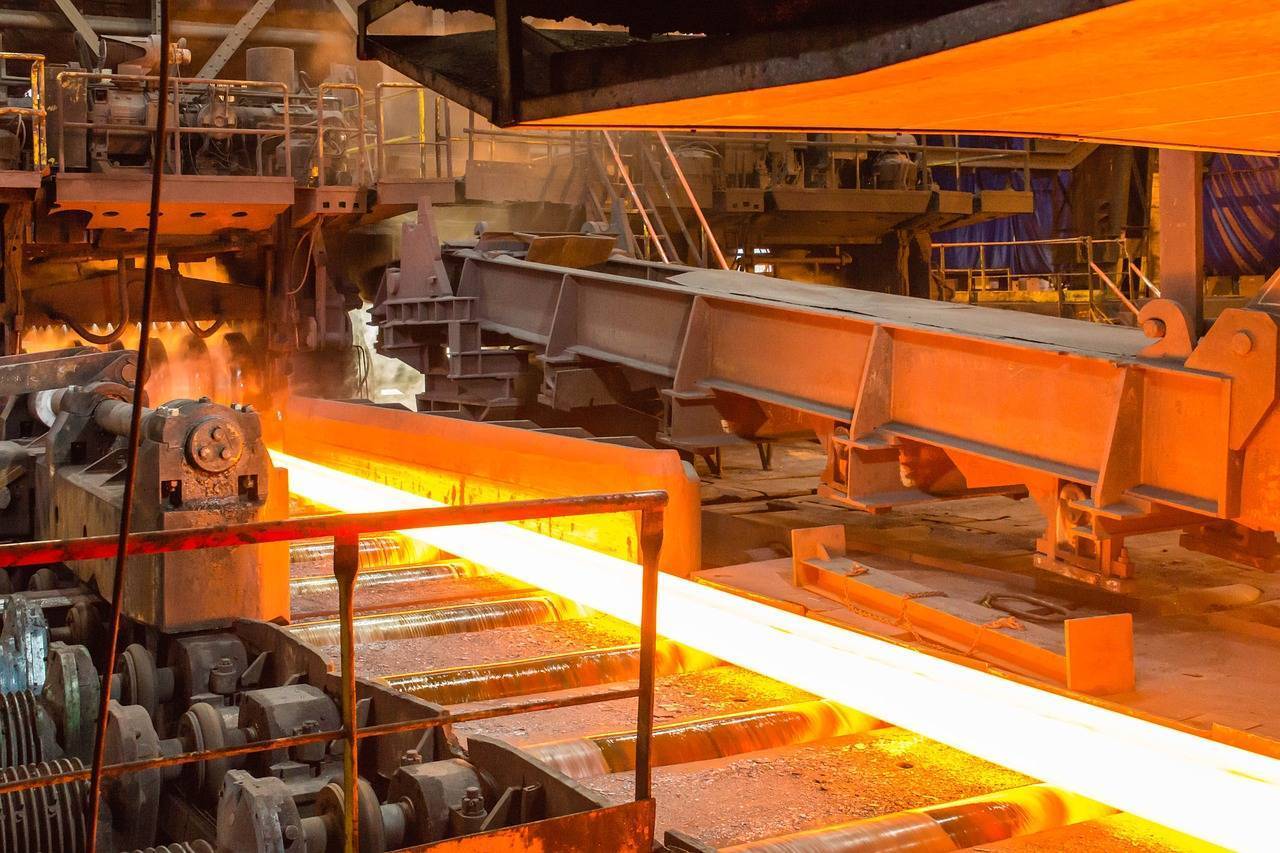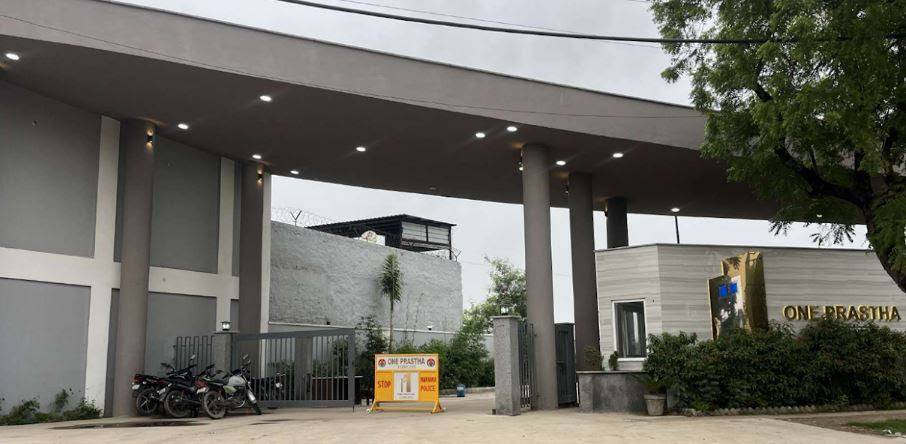Despite significant growth in population and business activities, Bengaluru's request for ‘Metro’ status has been declined by the Centre. The designation is crucial as it affects House Rent Allowance (HRA) tax exemptions. Under Rule 2A of the Income-tax Rules, 1962, cities like Mumbai, Kolkata, Delhi, and Chennai enjoy a higher exemption limit for HRA under section 10(13A) of the Income-tax Act, 1961, where 50% of the salary is considered for computing exemption limits. For other cities, including Bengaluru, the limit is set at 40%.
Union Minister of State in the Ministry of Finance, Pankaj Chaudhary, reiterated that the government has no plans to change this policy, emphasizing its commitment to rationalizing tax rates and reducing exemptions and deductions. This stance means that Bengaluru will continue to be categorized under the lower exemption bracket, despite its rapid urbanization and growing economic importance.
The Case for Metro Status For Bengaluru
There have been ongoing appeals to recognize Bengaluru as a Metropolitan City for HRA tax exemptions. Such recognition would allow residents to claim a 50% exemption on their salary equivalent to HRA, aligning Bengaluru with the current metro cities. This adjustment would notably reduce the taxable income for residents, offering significant relief in an increasingly expensive housing market. However, the Centre's decision reflects a broader policy to maintain existing distinctions and avoid expanding the metro classification.
Bengaluru has seen exponential growth over the past few decades, emerging as a leading technology and innovation hub. The city is home to numerous multinational corporations, startups, and research institutions, contributing significantly to India's GDP. This rapid urbanization has led to increased living costs, particularly in housing. Rent prices in Bengaluru have surged, making it one of the most expensive cities in India. Given this context, the demand for metro status is not merely administrative but rooted in the practical financial needs of the city’s residents.
Implications for Employees and Employers
Recognizing Bengaluru as a metro city would also acknowledge its substantial growth and economic contributions, aligning it with other major metropolitan areas in India. Such a reclassification would foster a more stable and satisfied workforce, benefiting both businesses and employees.
In the technology sector, which is a significant part of Bengaluru's economy, employee retention is a critical challenge. Companies invest heavily in training and development, and high attrition rates can lead to increased costs and disruptions. By offering more attractive compensation packages that include higher HRA exemptions, companies can enhance their appeal to potential and current employees, improving retention rates.
The Government's Position on Expanding Metro Status
Despite Bengaluru's growth and the persistent demands for its inclusion as a metro city, the central government has remained firm in its stance. The government's refusal to extend metro status to additional cities is rooted in its broader fiscal policy. The current administration has been focused on simplifying the tax structure by reducing exemptions and deductions, a strategy aimed at creating a more streamlined and transparent tax system.
The government's position is that expanding the metro designation to more cities, and thereby extending the associated tax benefits, would contradict its efforts to rationalize tax rates. This policy is designed to minimize complexities in the tax code and ensure a more uniform approach across the country. However, this stance has not been well-received in Bengaluru, where many argue that the city's unique status as a global technology hub justifies a re-evaluation of its classification.
Impact on Bengaluru's Residents and Economy
The refusal to grant metro status to Bengaluru has broader implications beyond tax exemptions. It touches on issues of urban planning, infrastructure development, and social equity. Bengaluru's infrastructure, including transportation, healthcare, and education, is under immense pressure due to rapid population growth. The metro status could potentially bring more government attention and funding to address these challenges, promoting balanced urban development.
From a social perspective, the high cost of living in Bengaluru has led to a disparity between different income groups. While the city offers numerous job opportunities, the high rents and living costs can erode the disposable income of middle and lower-income groups, affecting their quality of life. Enhanced HRA benefits could provide some financial relief, contributing to a more equitable living standard across different economic strata.
Future Prospects and Challenges
As Bengaluru continues to expand and solidify its role as an economic and technological powerhouse, the push for metro city recognition and the associated tax benefits is likely to persist. This ongoing debate highlights the tension between local growth dynamics and national fiscal policies, with potential future reconsiderations to better support Bengaluru’s unique growth trajectory and economic contributions.
Urban planners and policymakers must consider the long-term implications of such decisions. The demand for metro status is not just about immediate tax benefits but reflects broader aspirations for recognition and support proportional to the city’s contributions to the national economy. Ignoring these demands could lead to growing dissatisfaction among residents and businesses, potentially affecting the city's growth momentum.
Way Forward
Looking ahead, it remains to be seen whether continued advocacy and pressure from various stakeholders will prompt a change in the government's stance. For now, Bengaluru remains in a state of uncertainty, recognized as a major urban center but without the official status that could bring additional benefits to its residents and bolster its economic future. Addressing these challenges will require collaborative efforts from government, industry, and civil society to ensure that Bengaluru's growth is sustainable, inclusive, and beneficial.
Image source- Pinterest









.png)